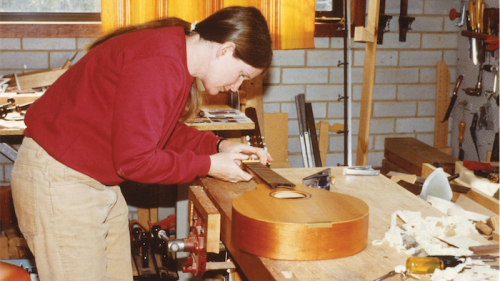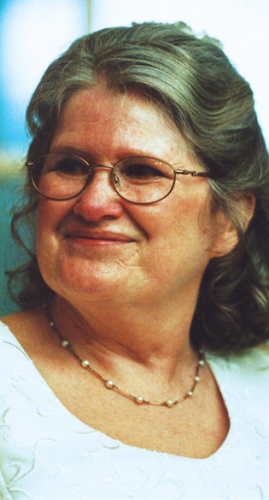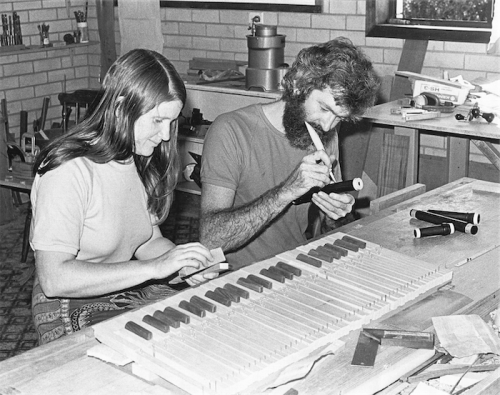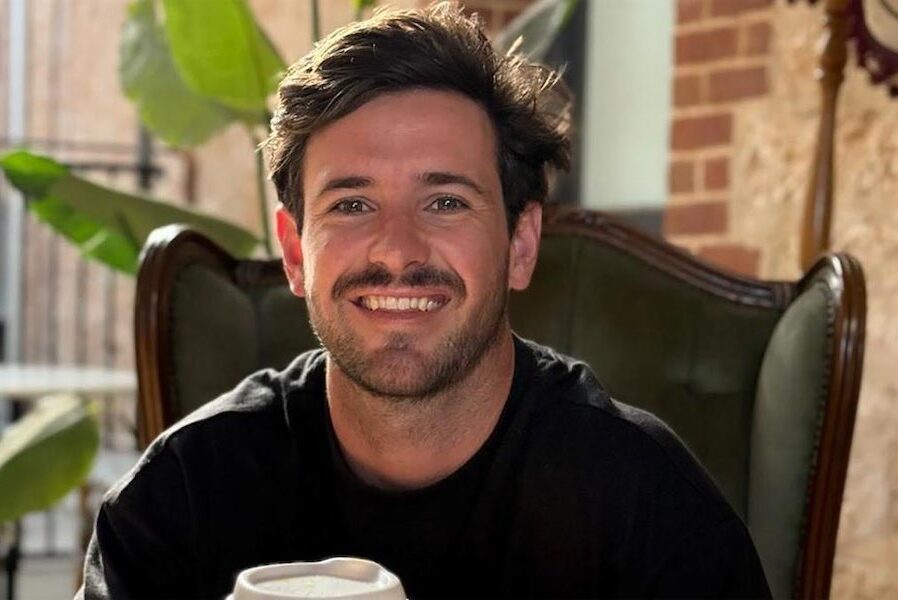
WHILE Canberra celebrates all things design as part of its Design Canberra Festival, it’s fitting to pay tribute to an internationally renowned musical instrument maker who called this city home.
Canberra’s folk music community is mourning the loss of Gillian Alcock. She was 68 and passed away on November 2 at her home in Chifley. Gillian was the beating heart of Canberra’s burgeoning folk music community in the ’70s and ’80s, dedicating her life to a rare, ethereal instrument called the hammered dulcimer. Her uniquely Australian dulcimers are treasured instruments for players in Australia and around the world.

That Gillian called Canberra home is by chance. She was born in Narrogin in rural WA to a farming family, whose property “Bald Rock” sits at the edge of the wheat belt about 180 kilometres from Perth. It was, and remains, Merino sheep farming country. “Bald Rock’s” nearest town was tiny Yornaning, a small railway siding on the remote Great Southern Railway running from Beverley to Albany.
Although all four Alcock children received piano lessons, Gillian took to it like a duck to water. As the 1967 dux of Narrogin Senior High School, she made her way to Perth to study a bachelor of arts at UWA. Her decision to major in Chinese history and music was bold at the time; the first glimpse of a lifelong curiosity in other cultures and traditions.
In 1971, Gillian moved to Canberra to take a position in the management stream of the Australian Public Service cadetship program, the fast track to a high-flying career. But it was a happenstance meeting with a local musician Terry McGee that opened her eyes to the world of folk music. Before long, Gillian had taken a break to accompany Terry on a seven-month trip to study folk music in England, Ireland, Scotland and Wales.
The 1974 visit was a deeply formative time for Gillian. She traipsed around Britain researching folk music and musical instruments, traveling to north Devon to pick up her first build-your-own-harpsichord kit. Energised by the experience, Gillian took this newfound passion back to Canberra, setting up a small studio in the second bedroom of her Farrer home.
With no particular woodwork experience, Gillian turned her brilliant mind to picking up the skills she needed to embark on building her own musical instruments. A clavichord and two harpsichords she made in these early years are now part of the collection of musical instruments at the Canberra School of Music.
But there was a limited market for keyboard-based instruments, so Gillian struck on the hammered dulcimer, a rare instrument with a unique, sweet sound. Her first dulcimer greatly underestimated the forces placed on the instrument, and it bent in two like a banana. After some recalibration, she built her second dulcimer to withstand the 17 tonnes of force across the instrument, and there was no turning back.
With musical-instrument making taking up more of her time, Gillian made another bold move – this time, to quit the pubic service. She turned her single-minded passion to making hammered dulcimers, teaching herself how to play the instrument at the same time. She exhibited at the folk festival and did solo exhibitions at the Beaver and Berrima Galleries to build her profile as Australia’s own dulcimer maker.
Gillian’s contribution to the Canberra music scene extended beyond instrument making and included the establishment of Canberra Stereo Public Radio with Terry McGee, which became the much-loved ArtSound FM. Gillian was president of ArtSound in its formative years, and was an honorary life member.

The ’70s and ’80s were a burgeoning and vibrant time for the Canberra folk community. Gillian was in many folk bands, including the Perfect Cure, Dancerye, the Flying Trapezoids and Finger Jam. She organised dulcimer-focused gatherings, building a community of musicians across Australia passionate about this unusual instrument. In 1997, she released “The Pleasures of Hope” together with harp player and instrument maker Andy Rigby. It is an elegant and beautiful recording that showcases Gillian’s fine skills as a musician. In the late ’90s, she founded the Australian Hammered Dulcimer Association.
Gillian also began to connect with dulcimer makers and players internationally, first in England through the Nonsuch Dulcimer Club, then through the Cimbalom (Dulcimer) World Association. It was on the international stage that her skills as an instrument maker were truly apparent. She had few peers in Europe or America on quality and craftsmanship. She became a scholar of dulcimers from other cultures – Eastern European cimbaloms, Middle Eastern santurs. Several players even came to her to make their Italian salterios.
Gillian flexed her muscles as an innovative instrument maker, tenacious, constantly testing and adapting her instruments to improve the sound. She researched the physics behind the acoustic properties of strings. Through her friendship with mandolin-maker Peter Coombe, she experimented with Tasmanian King Billy Pine for one instrument’s soundboard. The dulcimer surprised Gillian with its rich, resonant quality. It was a turning point, and from the mid-’90s onwards, she made many fine instruments using Australian timbers.
Gillian maintained her skill and enthusiasm despite a diagnosis of progressive multiple sclerosis (MS) in the mid-’90s, with the most productive period of instrument making in the decade following her diagnosis. She mentored apprentices from the ANU School of Art, and only fully retired in 2015. In 2011 and 2015, she traveled to Europe for International dulcimer conferences with the support of her family, the MS Society and international network of friends.
In a bold act of love, Gillian married Tim Shopen in 2004, who sadly passed away from cancer in 2005. She survived breast cancer in 2014, in what seems like a footnote in a remarkable life.
Who can be trusted?
In a world of spin and confusion, there’s never been a more important time to support independent journalism in Canberra.
If you trust our work online and want to enforce the power of independent voices, I invite you to make a small contribution.
Every dollar of support is invested back into our journalism to help keep citynews.com.au strong and free.
Thank you,
Ian Meikle, editor



![Canberra’s woodchopping association – the Hall and District Axemen’s Club – is rebranding to Capital Country Woodchopping.
“We didn’t want to be exclusively a Canberra association and we deliberately left any gender-specific wording out in the new name,” says president Cheyanne Girvan, 32.
“We also went a different [way] to other associations under NSW by not including ‘association’ in our name.”
Four years ago the Hall and District Axemen’s club’s membership was 25.
Cheyanne says this name change will give the club the versatility to grow into other areas and on to greater things.
To read on about Cheyanne's story with the woodchoppers, visit our website at citynews.com.au or click the link in our bio!
@@capitalcountrywoodchopping
#woodchopping #woodchoppinggirl #woodchoppingaustralia #axemen #axewomen #woodcutter #canberrastories #storiesthatmatter #citynews #journalism](https://citynews.com.au/wp-content/plugins/instagram-feed/img/placeholder.png)
Leave a Reply